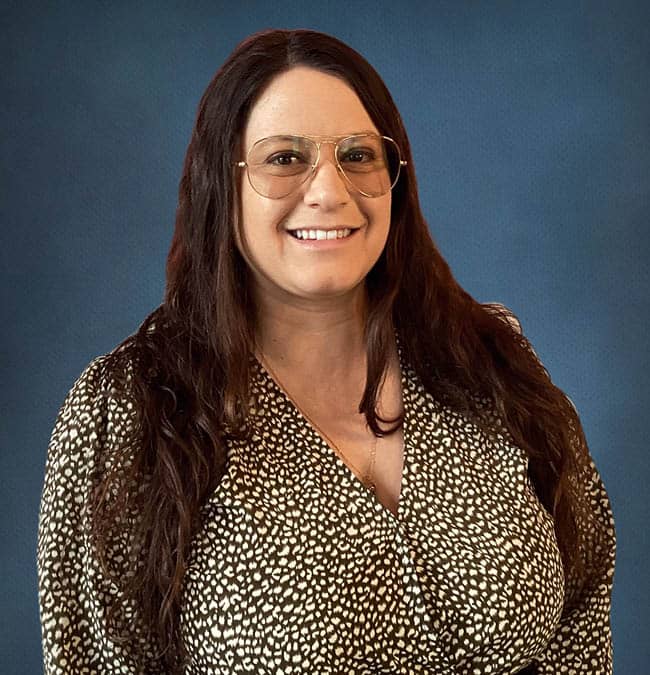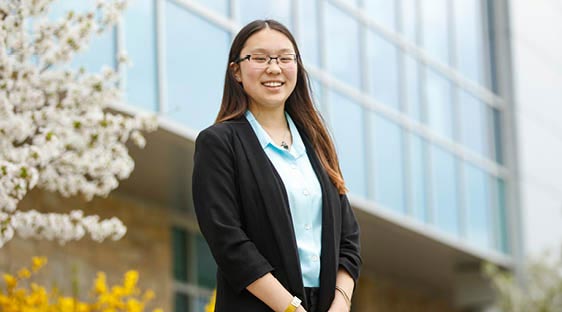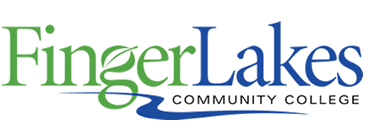Chemical Dependency Counseling
Associate in Applied Science (A.A.S.)

Help people overcome substance abuse disorders with a Chemical Dependency Counseling degree. This program aligns with the NYS OASAS exam and prepares you for a career helping people impacted by opioids, alcohol, and other addictive substances.
Career Outlook: Substance Abuse and Mental Health Counselor
The need for chemical dependency counselors and substance abuse treatment is on the rise. The U.S. Bureau of Labor Statistics expects demand for substance abuse and mental health professionals to grow 22% by 2031, much faster than the average for all occupations. The average annual salary for substance abuse counselors was $48,520 in 2021.
A.A.S. Program Overview
Prepare for a career that creates positive change for others. Gain the knowledge and skills required by the New York State Office of Addiction Services and Supports (OASAS). Coursework focuses on current issues in chemical dependency, professional ethics, and counseling skills.
Learn how to complete biopsychosocial evaluations and facilitate therapy sessions through real-world simulations and scenarios. Field work provides practical experience supporting clients in a variety of in-patient and out-patient facilities.
Professional Work Experience
Complete a 300-hour internship at an OASAS-licensed agency that matches your professional goals, including:
- Finger Lakes Area Counseling and Referral Agency (FLACRA)
- Clifton Springs Hospital and Clinic
- Seneca County Addictions
- Cayuga Addiction Recovery (CARS)
- Finger Lakes Treatment Court
As an intern, you'll gain experience that prepares you for your career. Your responsibilities will include completing diagnostic interviews, recording progress notes, leading group sessions, and more under the supervision of a certified chemical dependency counselor.
Online Learning
Many of our chemical dependency counseling courses are available online. Remote learning provides a convenient and flexible way to earn an education. Most courses for this program take place at a scheduled time where you'll connect with other students and the instructor in real-time or in-person. Learn more about FLCC online learning.

"I completed my field experiences at Helio Health — a detox and inpatient center. I helped with intakes, meds, and leading group sessions. I really enjoy working with the counselors because of their client-centered approach. The program gave me a whole different perspective on current issues in addiction and rehabilitation, and now I can contribute my voice to these difficult conversations."
— Jody Bendzlowicz
Program Director at Keuka Housing Council
A.A.S. Program Outcomes
Program Learning Outcomes
Upon completion of this degree program, students will be able to:
- Conduct biopsychosocial evaluations, recognize symptoms of substance use disorders, and make a diagnosis.
- Facilitate group sessions that simulate education and treatment sessions for clients with substance use disorder.
- Model professional and ethical behaviors expected by the Office of Addiction Services and Supports of a Credentialed Alcohol and Substance Abuse Counselor.
- Exhibit the skills necessary to establish a therapeutic relationship.
Career Pathways
After earning your degree and passing the NYS OASAS exam, you'll be ready for a career as a chemical dependency counselor. You'll receive your CASAC-T certificate, which allows you to apply for your OASAS trainee credential and start working at a treatment agency. Learn more about OASAS and CASAC credentials.
Seamless Transfer Opportunities
As a graduate, you can also transfer on to a four-year college or university and continue your education in substance abuse counseling, health science, or social work. Some graduates have transferred to:
- Keuka College
- SUNY Brockport
- SUNY Empire State College
Low-Cost Tuition and Scholarship Opportunities
Earn a quality education at an affordable rate. With our low cost-per-credit and general scholarship opportunities, you can maximize your potential with minimal debt. 80% of students are awarded scholarships or financial aid that help with the cost of college.
Faculty
Our program is coordinated by Mary Murphy. She teaches all core classes and brings nearly 20 years of knowledge in substance abuse counseling to the classroom. Mary has a Master of Art in Liberal Studies and holds a Credentialed Alcohol and Substance Abuse Counselor certificate (CASAC). She continues to work per diem as a chemical dependency counselor.
Mandatory Professional Licensure Disclosures:
SUNY's academic programs leading to licensure or certification are carefully designed to meet and exceed New York State requirements. Other states may have their own requirements. If your goal is to practice in another state, please review that state's requirements. View professional licensure disclosures.
Program Details

Explore Your Career Options
Map out a path toward your future career, and discover opportunities related to this area of study.
